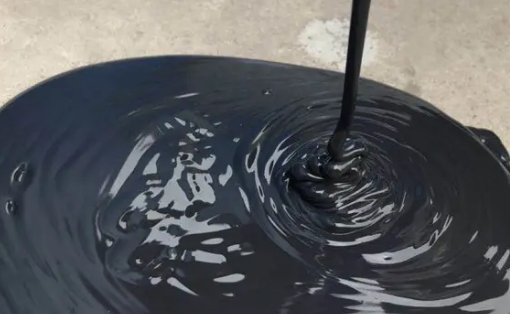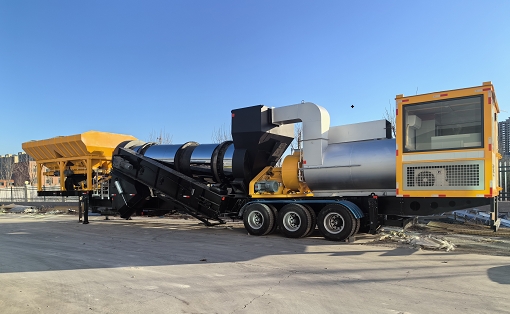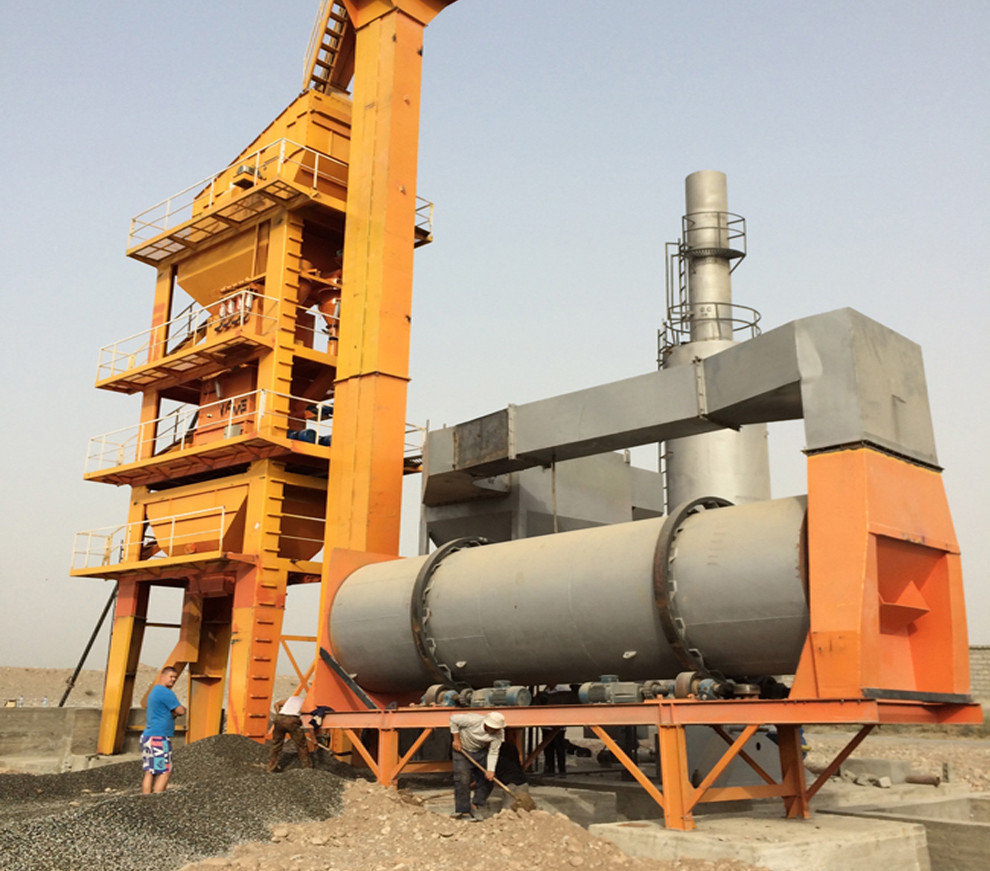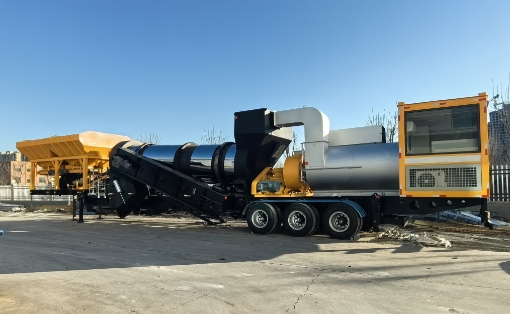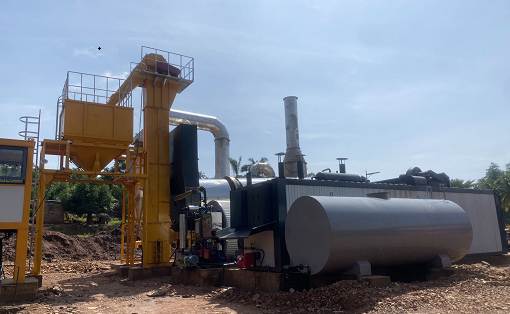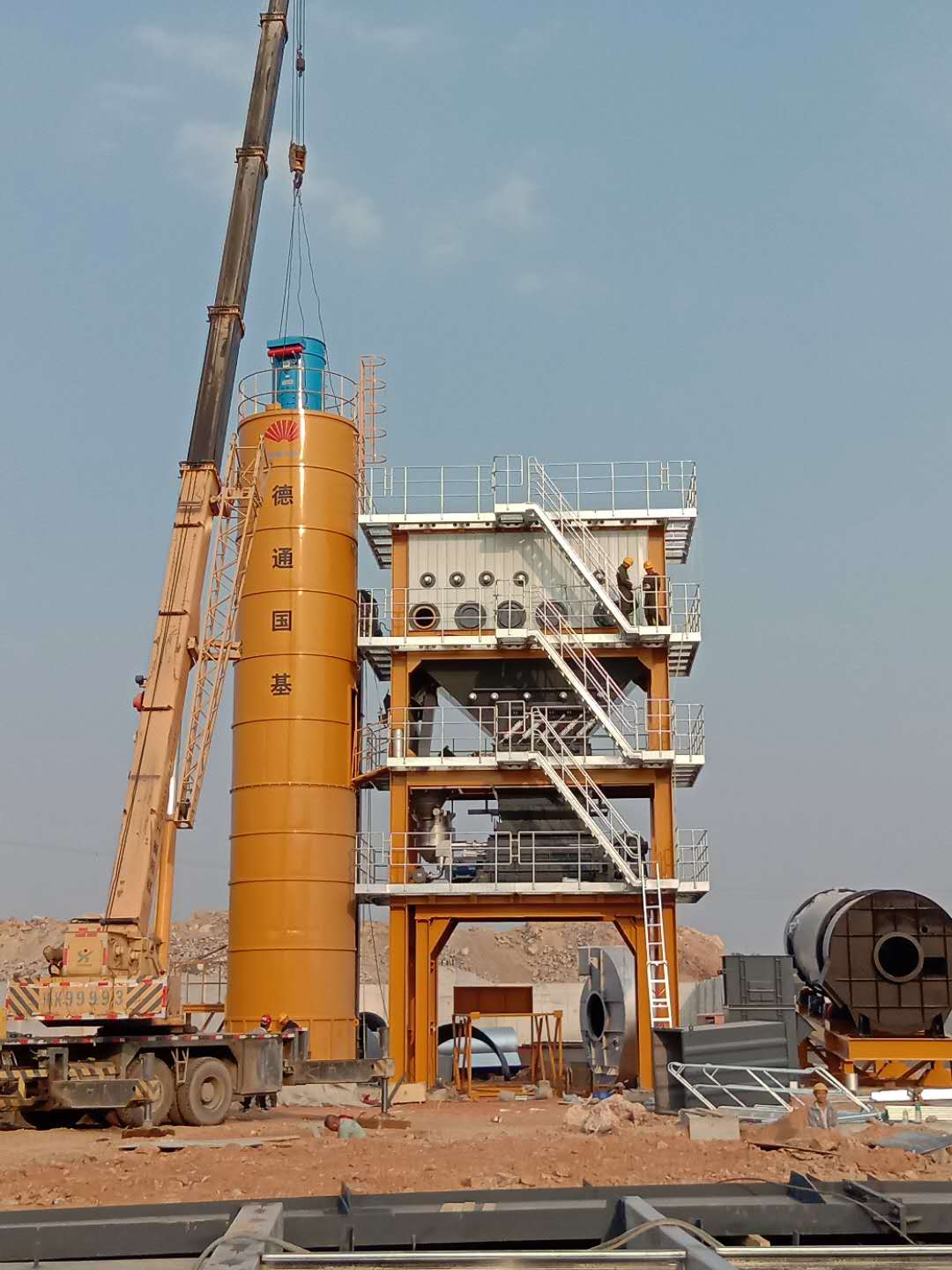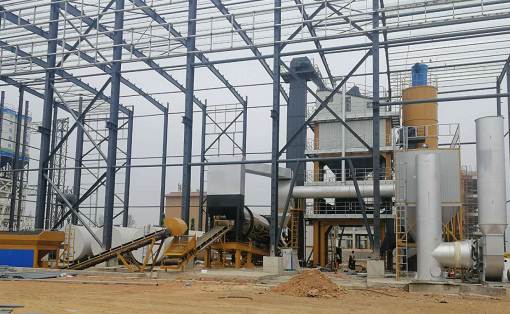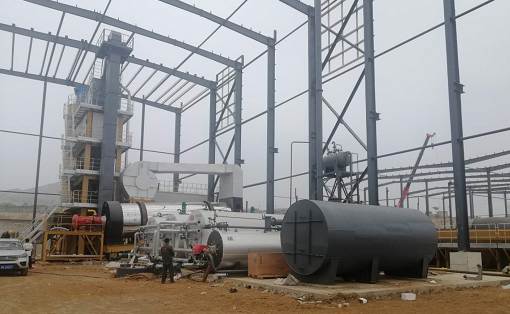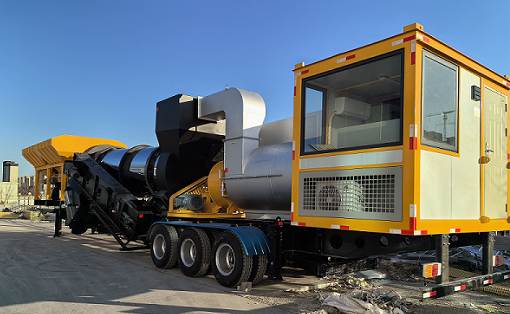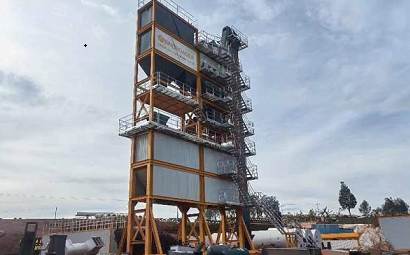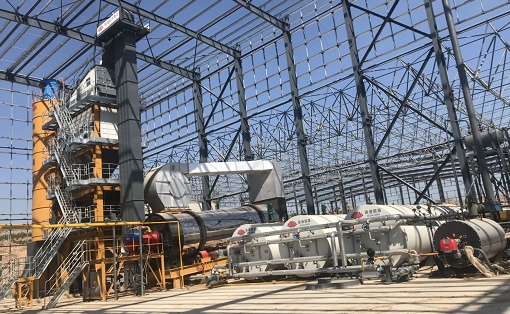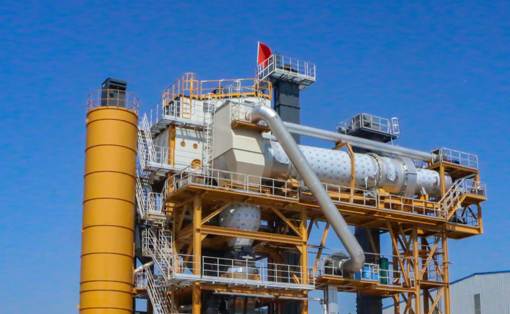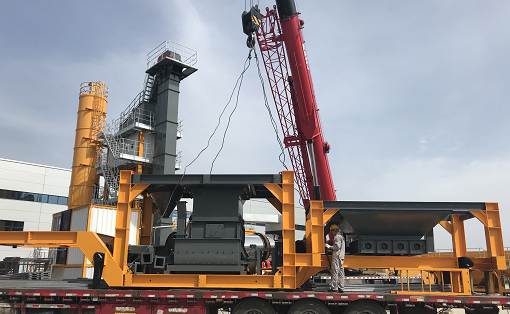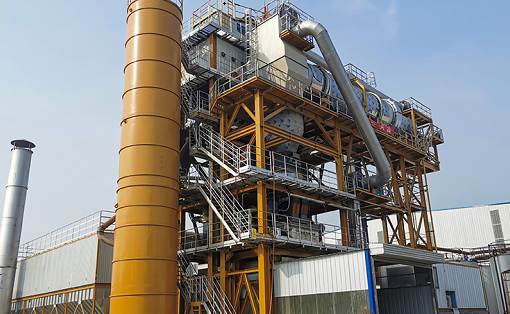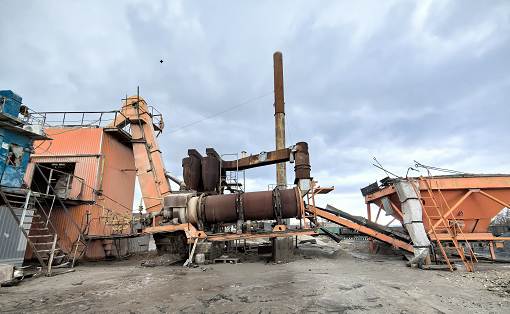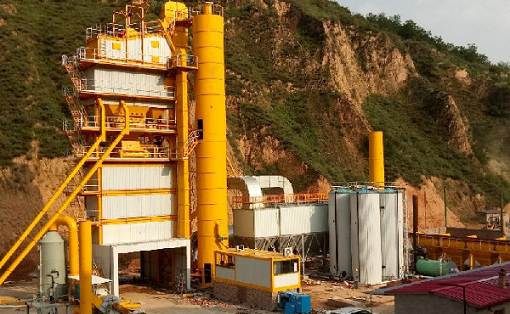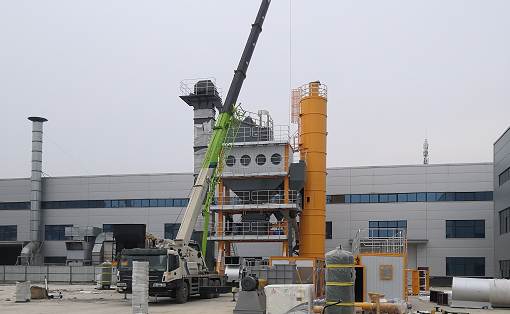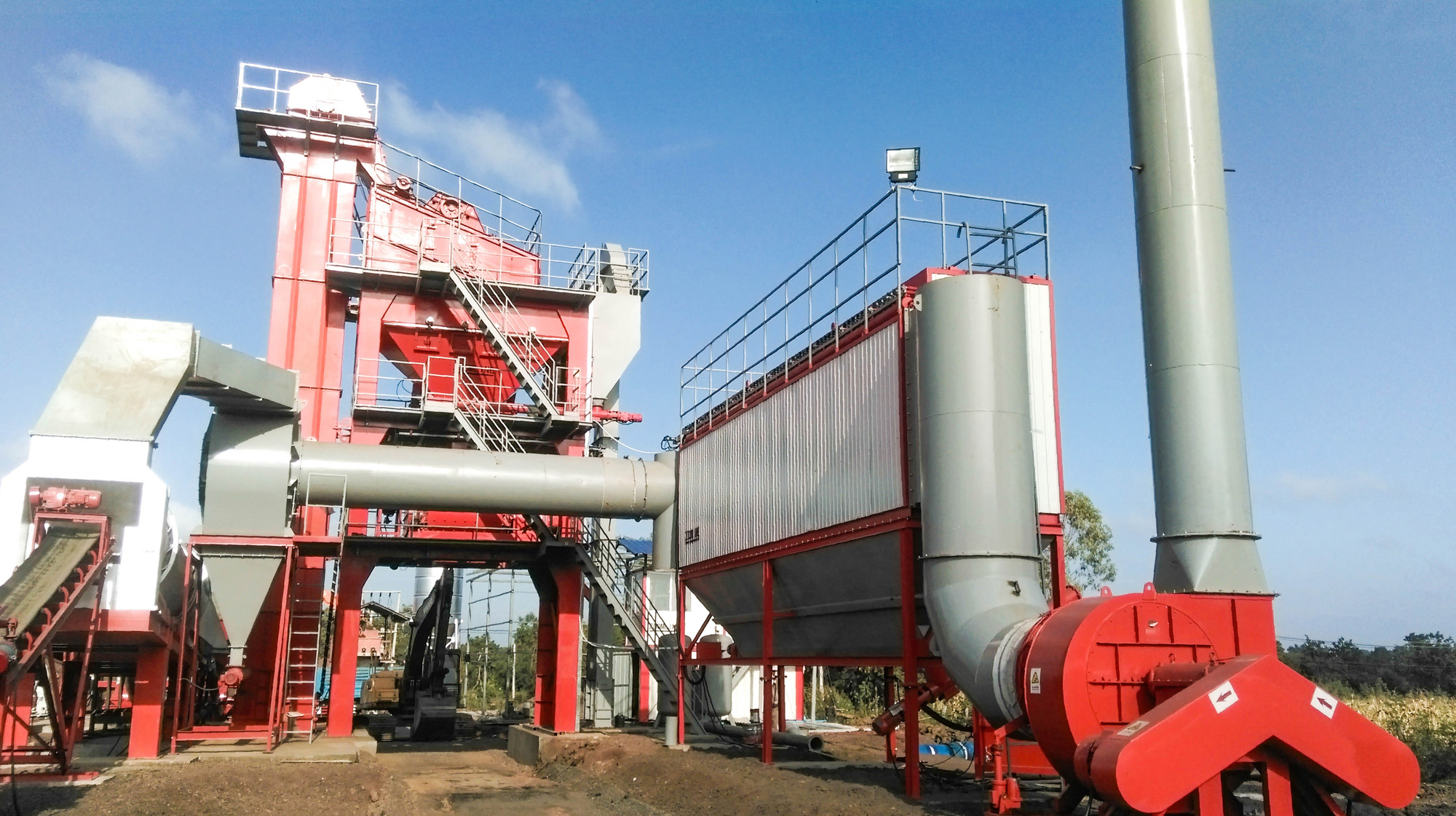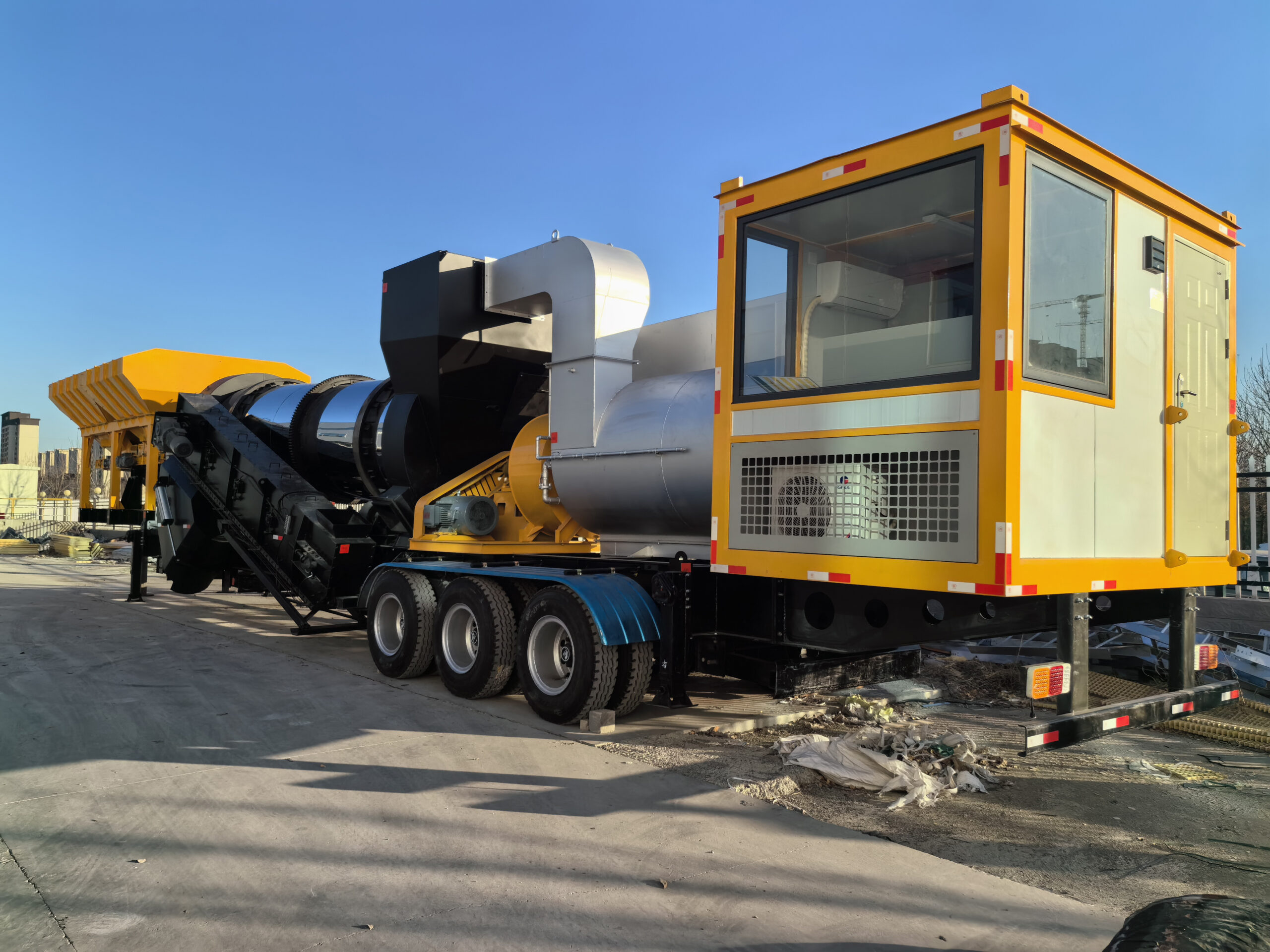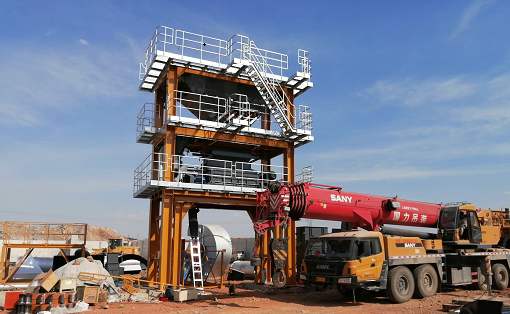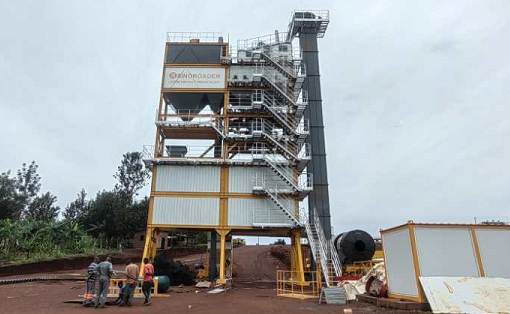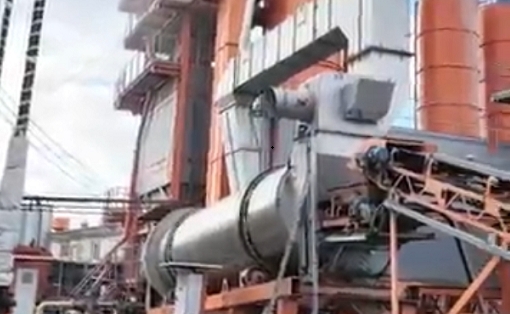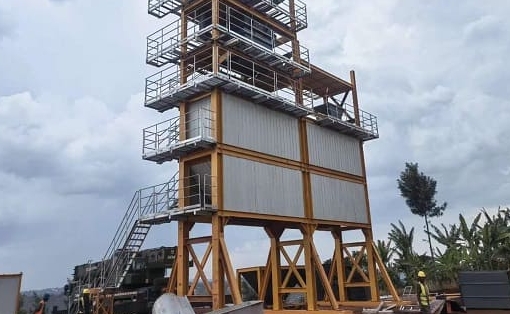Relationship between asphalt and petroleum
Introduction to asphalt mixing plant Asphalt is a product of petroleum distillation.
Asphalt is a dark brown complex mixture of hydrocarbons of different molecular weights and their non-metallic derivatives. It is a kind of high-viscosity organic liquid. It often exists in the form of liquid or semi-solid petroleum. The surface is black and soluble in carbon disulfide and carbon tetrachloride. Asphalt is an organic gelling material that is waterproof, moisture-proof and anti-corrosive.
Asphalt can be mainly divided into three types: coal tar asphalt, petroleum asphalt and natural asphalt: among them, coal tar asphalt is a by-product of coking. Petroleum asphalt is the residue after crude oil distillation. Natural asphalt is stored underground, and some form mineral layers or accumulate on the surface of the earth’s crust. Asphalt is mainly used in industries such as coatings, plastics, rubber, and paving roads.
Introduction to asphalt mixing plant Asphalt is a product of petroleum distillation.
Asphalt is a dark brown complex mixture of hydrocarbons of different molecular weights and their non-metallic derivatives. It is a kind of high-viscosity organic liquid. It often exists in the form of liquid or semi-solid petroleum. The surface is black and soluble in carbon disulfide and carbon tetrachloride. Asphalt is an organic gelling material that is waterproof, moisture-proof and anti-corrosive.
Asphalt can be mainly divided into three types: coal tar asphalt, petroleum asphalt and natural asphalt: among them, coal tar asphalt is a by-product of coking. Petroleum asphalt is the residue after crude oil distillation. Natural asphalt is stored underground, and some form mineral layers or accumulate on the surface of the earth’s crust. Asphalt is mainly used in industries such as coatings, plastics, rubber, and paving roads.

